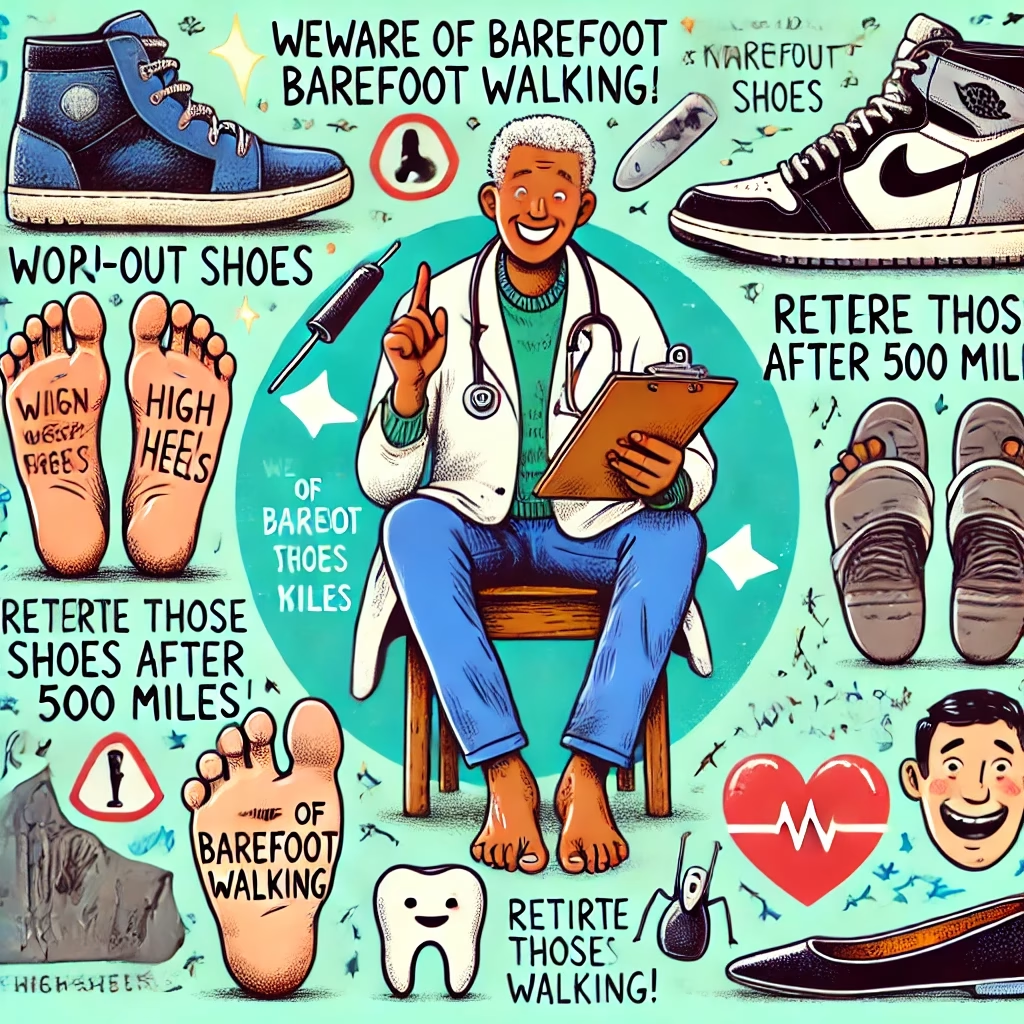You know, folks love to argue about the Cybertruck—whether it’s genius or junk, spacecraft or stainless-steel headache. But that’s not even the point. The real comedy starts when the home-remodeling guy rolls up to your house in one of those things.
Because the moment he steps out looking like he’s here to deliver drywall and colonize Mars, every normal customer has the same quiet thought:
“Well… I guess I’m about to pay for that.”
That’s the trouble with driving your dream around town when your job depends on other people’s checkbooks. It’s like wearing a diamond watch to ask someone if they’d mind paying a little extra for rush service. Makes folks feel less like clients and more like suckers.
Now, I’m not saying someone shouldn’t buy a Cybertruck—if a man truly wants to pilot a stainless steel rhombus through traffic, God bless him. Life is short, and bad decisions make the best stories. But don’t kid yourself that it’s going to make you money. Most customers see a luxury toy and assume two things:
- You charge too much.
- You’re about to charge even more.
This isn’t new. Back in the day, if you were young and foolish, you bought a BMW. If you were old and foolish, you bought a Mercedes. It was the official uniform of “See? I’m doing great!”
And then the YouTubers took over—and suddenly every 19-year-old with a ring light is driving a Ferrari on borrowed time and borrowed money. These days, owning an exotic car doesn’t even prove you’re successful. Sometimes it only proves you’re allergic to savings.
But here’s the real lesson—because life, unlike TikTok, still cares about consequences.
When I was about 25, I worked for a man who proudly bought a brand-new Merkur. Strange little car… looked like a Germany Ford built it on a dare. Two weeks later, I bought myself an Acura Legend coupe. Clean, smooth, fast. Mine might have even cost a little more.
Three weeks after that, he let me go.
He never said it out loud, but he didn’t have to. It doesn’t sit right with some bosses when the employee pulls into the parking lot looking more successful than the owner. Human nature is funny that way—people want you to win, just not too visibly and not in their direction.
So if you ever get the itch to buy a fantasy car, go right ahead. Just remember:
Success is something people want for themselves.
Status is something people resent on others.
And nothing burns goodwill faster than the suspicion they’re paying for your toys.
That’s not judgment.
It’s just a quiet truth the world whispers—right before sending someone the bill.
Oh, but it is tax deductible…
And yes, before the accountants start waving spreadsheets in my face, I know all about the tax advantages of buying a Cybertruck instead of a normal car. Section this, write-off that, bonus depreciation, deduct the wrap, charging station, electricity, etc…. blah blah blah.
For a while, the story sounds great:
“It’s not a toy, it’s a work vehicle. The government is basically paying for it!”
Sure. Until one quiet afternoon some IRS agent, bored out of his mind and two audits behind quota, looks at your file and says:
“Tell me again why a home remodeler needed a stainless-steel moon tank to haul tile and caulk?”
Because that day is coming. The more people try to turn their fantasies into “business expenses,” the more likely the tax man is going to start asking very simple, very expensive questions:
Do you really need that Cybertruck for your job?
Or were you just trying to make the government pick up the tab?
And when that day shows up, all those “it’s a write-off, bro” conversations are going to dry up real fast. The truck payment will still be there. The insurance will still be there. The repairs will definitely still be there.
The only thing missing will be the story you told yourself about how it was all “smart business.”
That’s going to be a sad day—not because the IRS is mean, but because reality finally sent an invoice, and it doesn’t take payment in dreams.
© 2025 insearchofyourpassions.com - Some Rights Reserve - This website and its content are the property of YNOT. This work is licensed under a Creative Commons Attribution 4.0 International License. You are free to share and adapt the material for any purpose, even commercially, as long as you give appropriate credit, provide a link to the license, and indicate if changes were made.








